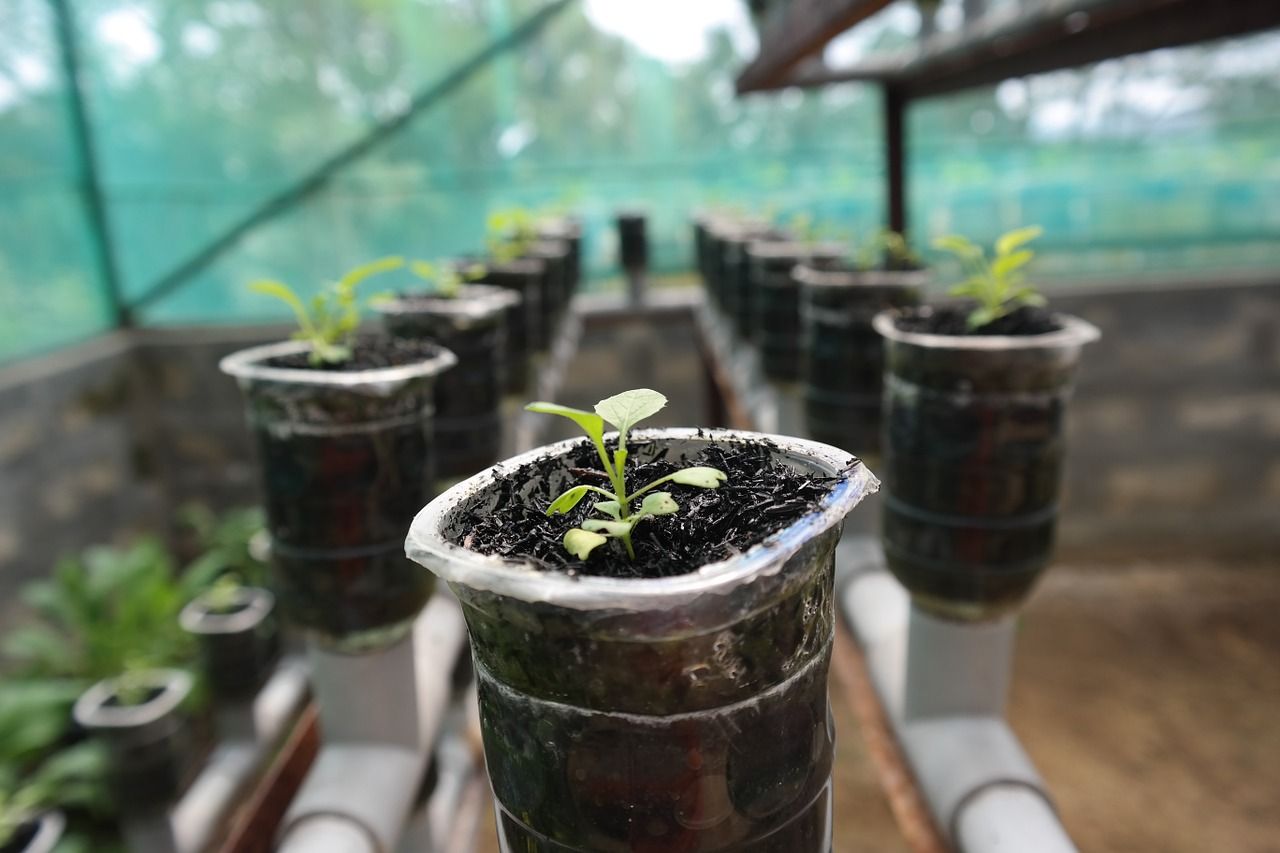Agrilyst, the New York-based software-as-a-service startup for the indoor agriculture industry completed a $1 million seed funding round in May. Building on her experience during the fundraising process, Allison Kopf, the startup’s CEO, is assembling a panel discussion at NYC AgTech Week in on September 20 to discuss funding options for indoor ag startups. Ahead of this speaking slot, we caught up with her to hear a bit more about the panel and New York’s indoor ag scene.
You’re moderating a panel at NYC AgTech Week on funding in indoor agriculture; what would you say was the biggest challenge you faced in raising your seed round? And what advice would you give to startups in a similar position?
Fundraising is challenging in general, and is especially difficult for agtech companies. Venture capital investing in the agtech space is still relatively immature, and project finance structures are still young. There is also a lot of hype in the industry, which often fuels misperception and hesitancy. I would advise indoor agriculture startups to fully understand the breadth of financing options available to them, and to find investors that are keenly aligned with their vision.
Indoor agriculture startups raised $21 million in the first half of 2016, which is just 1% of the MidYear total for agtech. Why is there that mismatch between hype and investment dollars?
Different types of businesses require different financing strategies. With indoor farming, you have large sale and long term infrastructure projects which don’t necessarily lend themselves to venture capital. Though indoor agriculture received a low level of investment in the first half of 2016 comparatively, we need to think on a longer term basis. There are some companies that have raised large sums of money, like Sundrop Farms in Australia — $100 million from KKR — or AeroFarms with $30 million in project financing from Goldman Sachs and Prudential. Often, these bigger deals lead to a longer term financing strategy, and involve opening up several farms. It’s different than the venture capital world where startups typically raise one round, then raise another in 12 to 18 months and so on. Indoor agriculture is much more of an infrastructure investment. So while the investment size may have been low early in the year, that gap will close over time as newer farms open and existing companies open additional farms.
Why doesn’t venture capital always fit indoor agriculture?
Venture capital has a very specific model. Investors are looking for a big market opportunity, fast growth, and exit opportunities. If a company doesn’t fit that model, venture capital most likely isn’t the best option. Indoor farms are capital intensive and often require outside financing. They also have predictable cash flows and assets, which makes project financing structures more suitable. There are also technology companies within the indoor agriculture space where venture capital is an appropriate option. Agrilyst is venture backed.
What is the NYC Ag Collective?
The NYC Ag Collective is a group of farmers, technologists, entrepreneurs, and companies focused on promoting urban agriculture and on positioning New York as a leader in the space. It began over a year ago with just a handful of organizations and has grown to 17, which is a good indicator of how the industry is growing.
The members meet once a month to collaborate on sales and marketing strategies, policy, technology, and share lessons learned. Until now, the industry has been quite exclusive and secretive; we believe collaboration will strengthen the industry as a whole.
How has the indoor ag sector developed over the last 5 years in NYC?
I joined the industry five years ago when indoor farming was just getting started in New York. Companies that are now seen as veterans were just opening their first farms. Now we have companies who are industry leaders because they’ve figured out what works well and what doesn’t when it comes to operating and scaling. We’re at a point now where there is a lot of knowledge about the different technologies, growing systems and methodologies, and funding strategies. That knowledge is key to the exponential growth we’re about to experience in indoor farming in the United States. Areas like New York and Chicago are already starting to realize this growth.
What are you most excited about for AgTech Week?
I’m excited about the Locavore dinner. It’s a lot of fun and is the culmination of a week celebrating local food. The dinner features food grown by local farmers, including Edenworks, Smallhold, and Sky Vegetables which uses Agrilyst’s platform.





